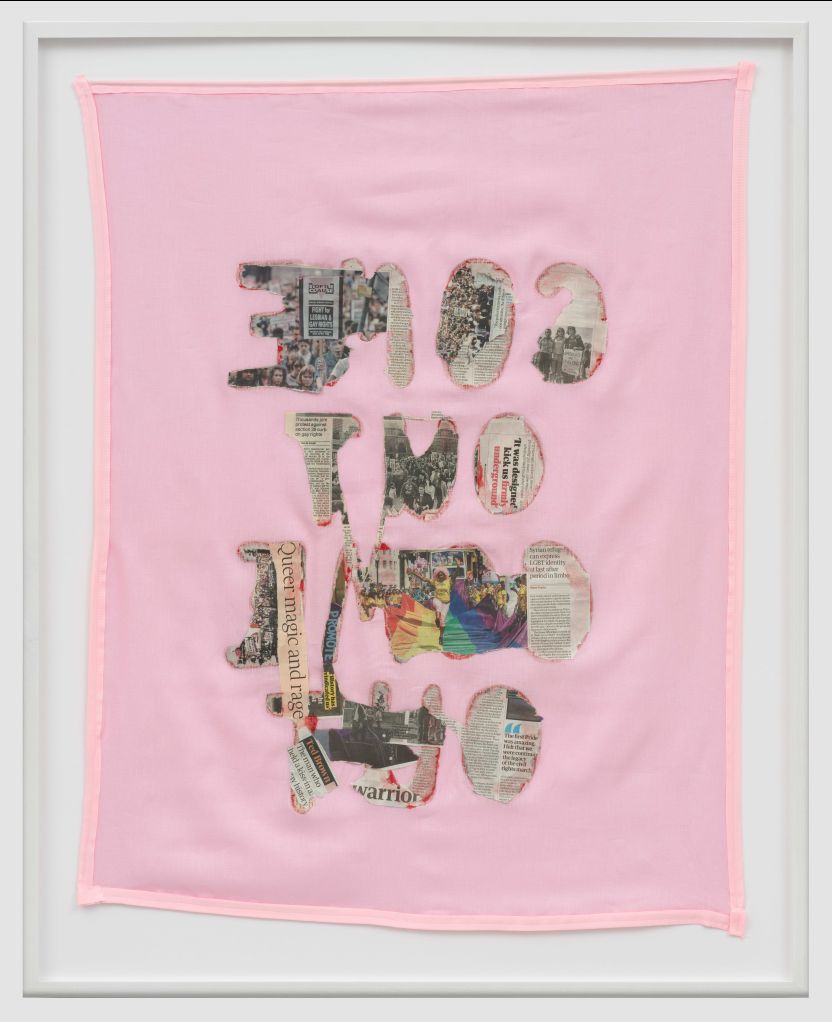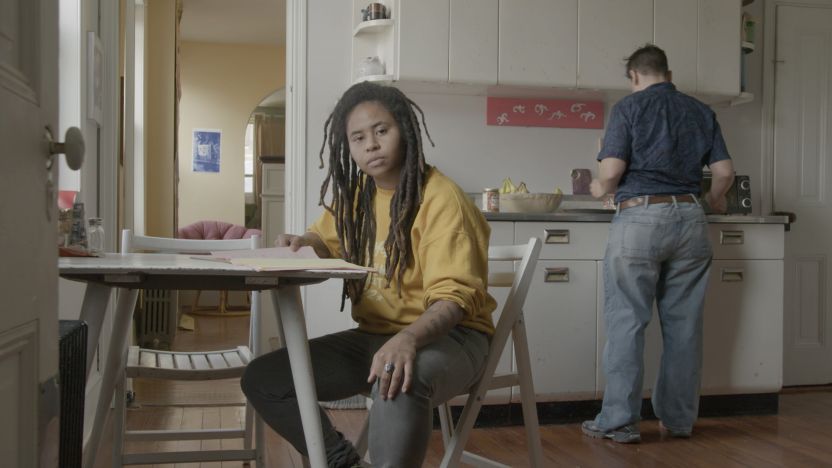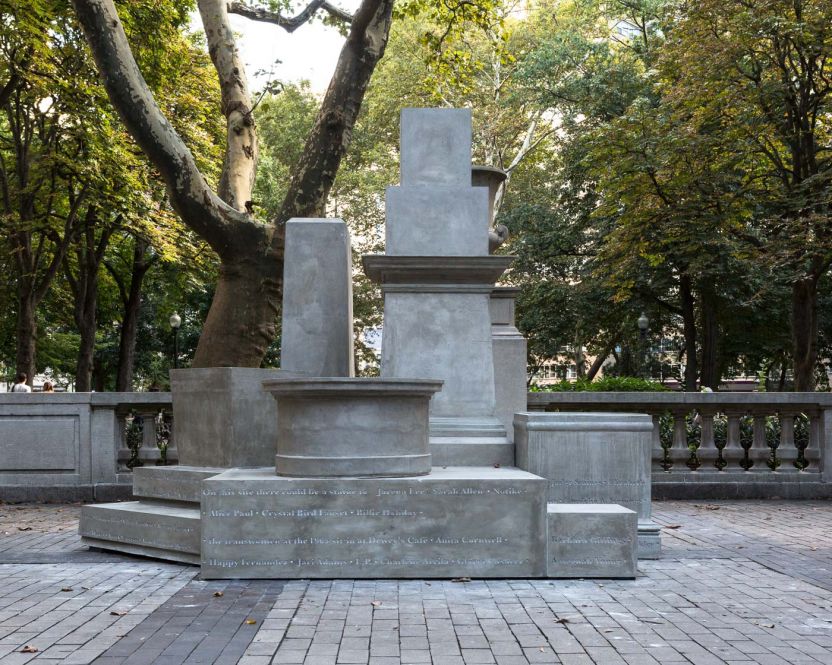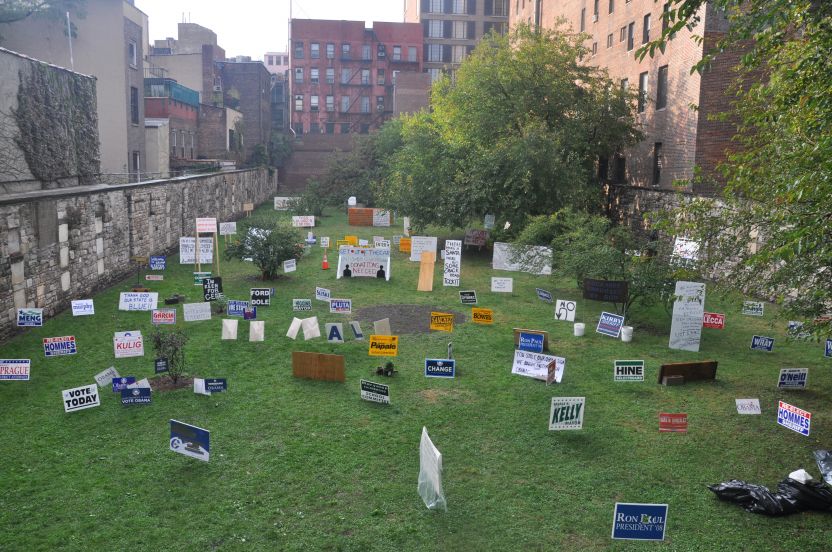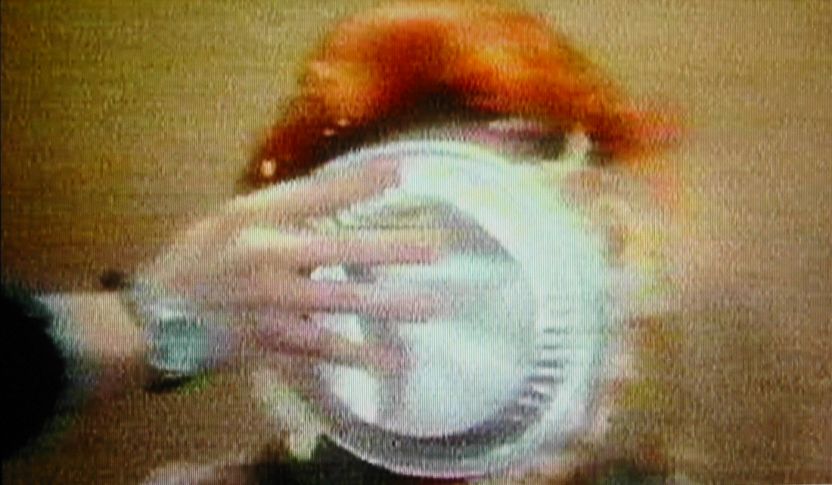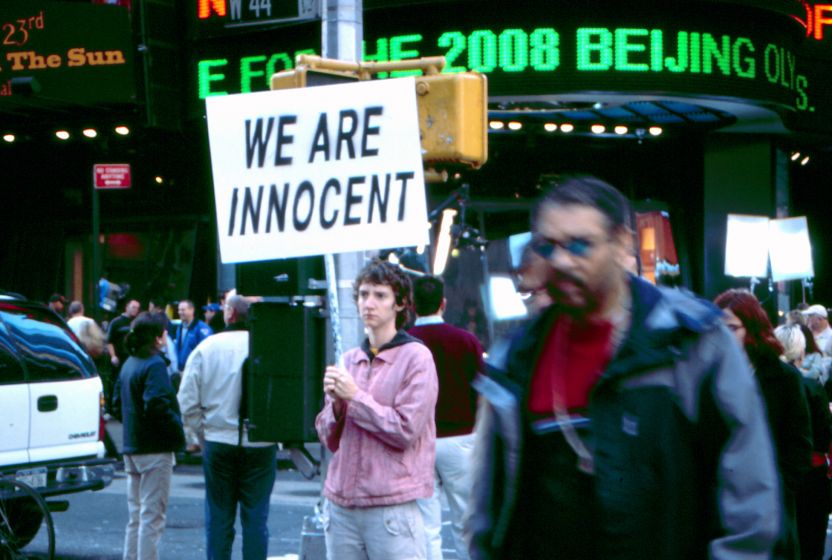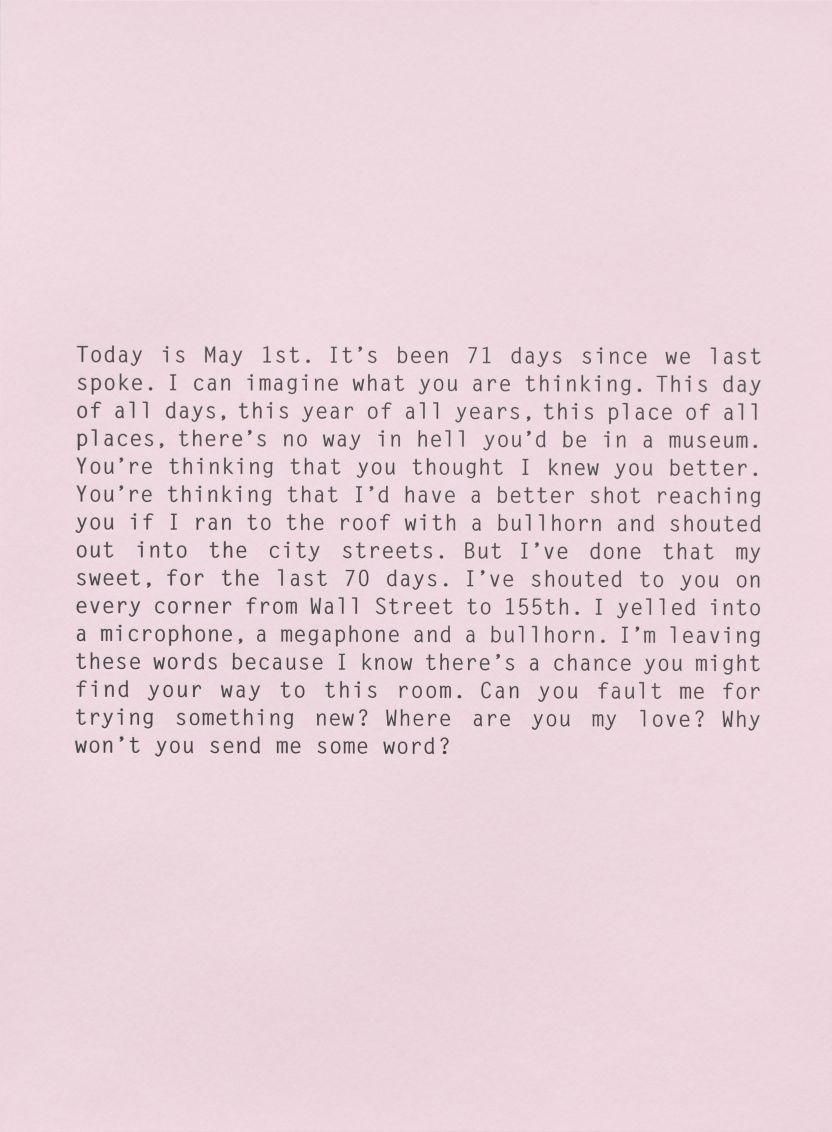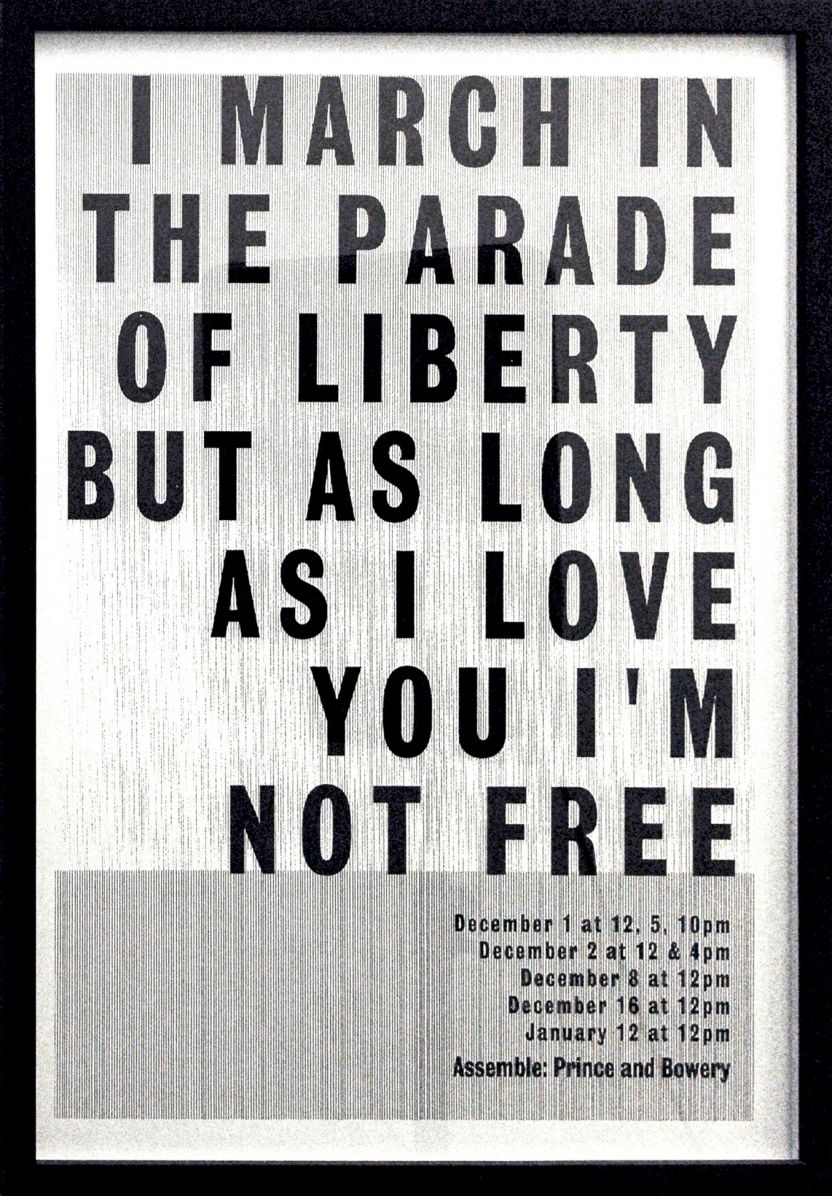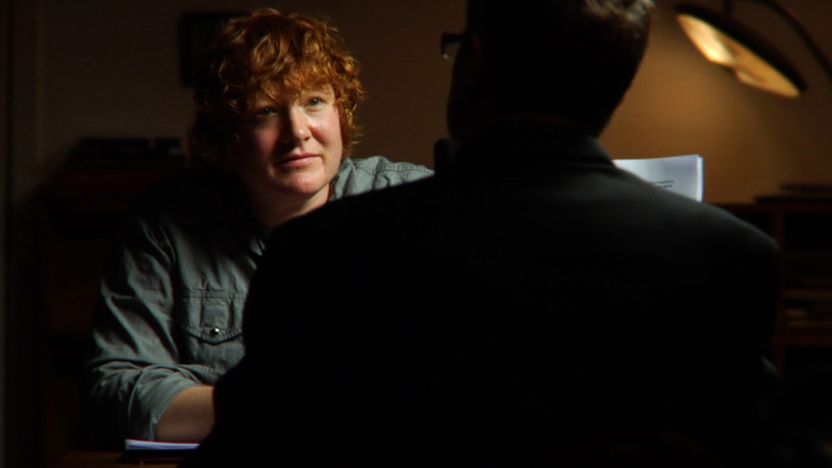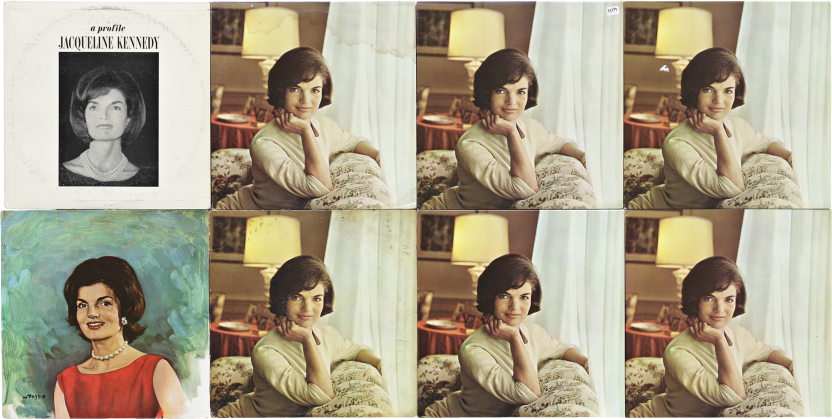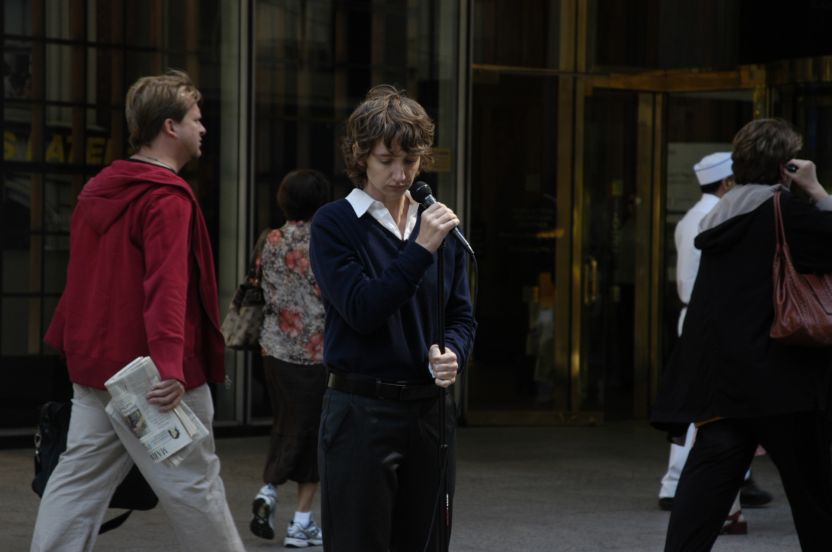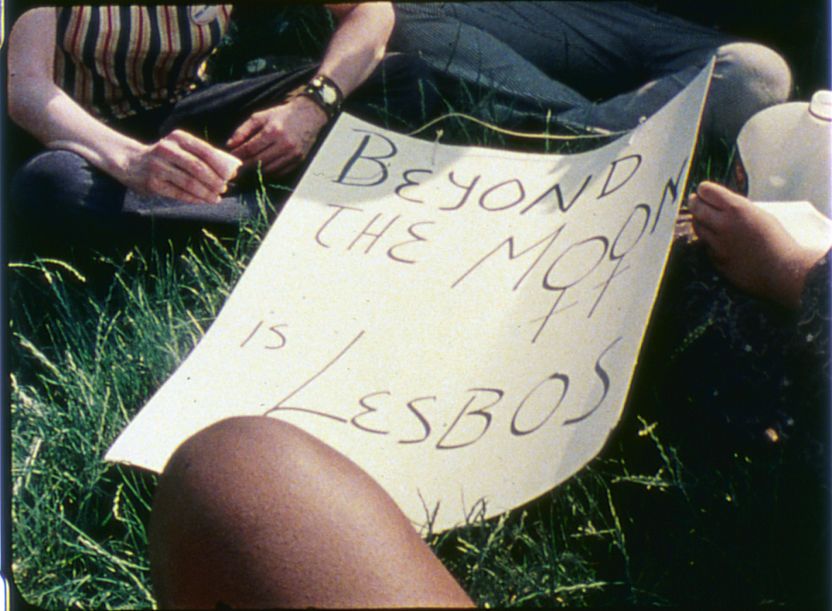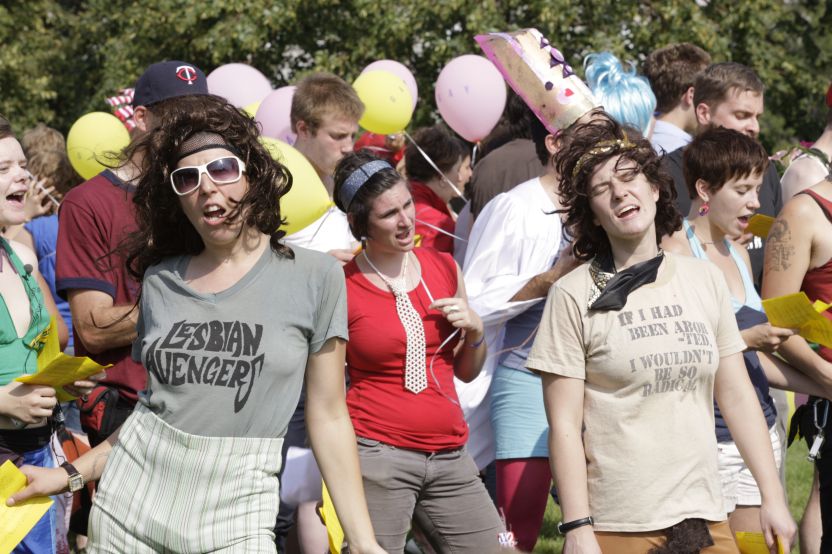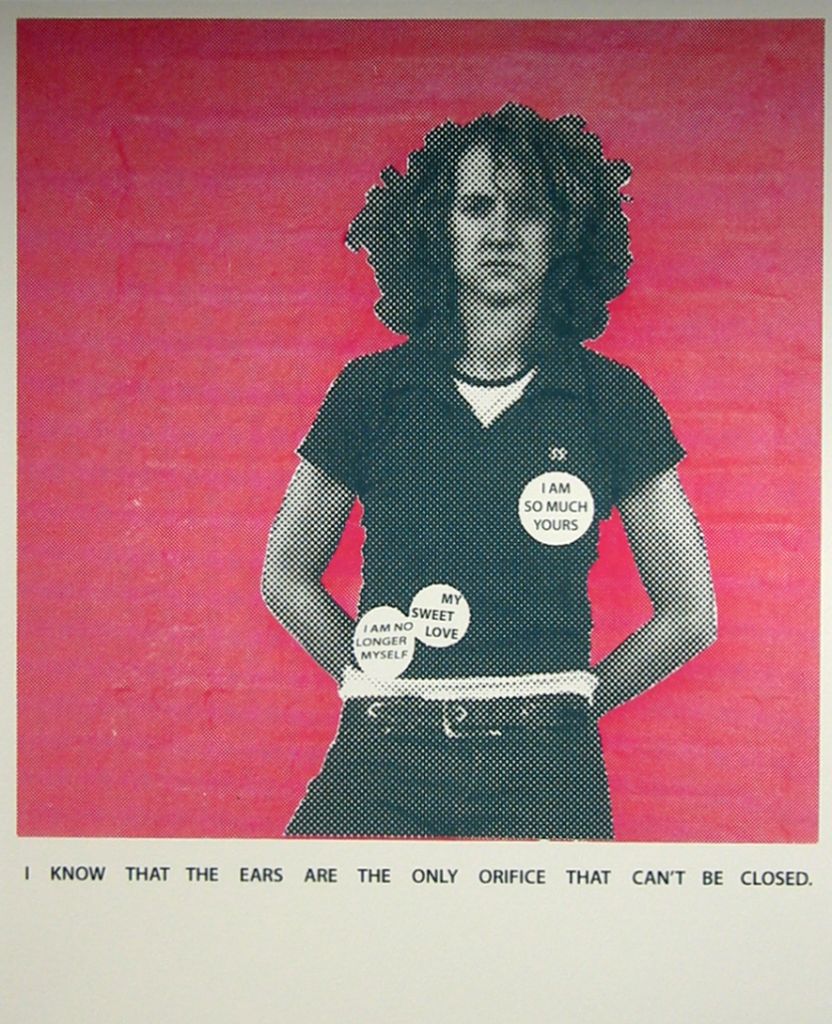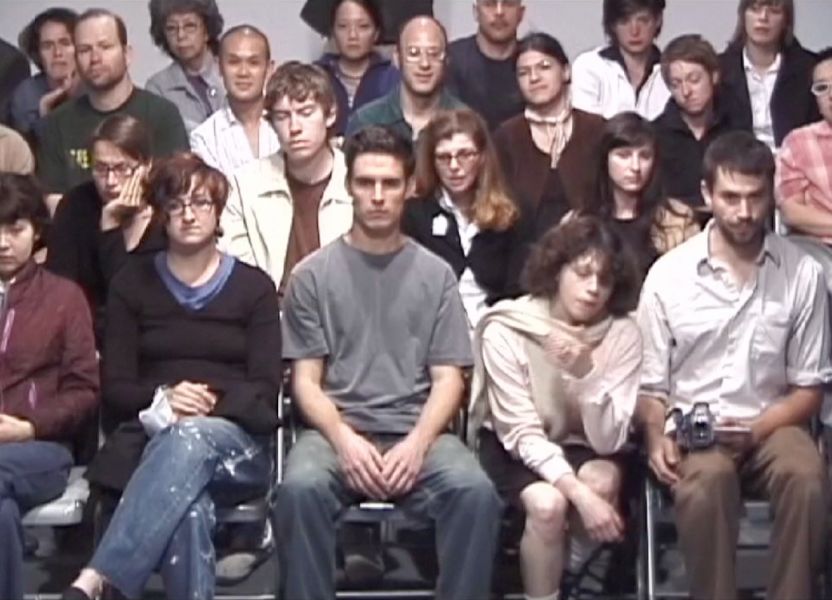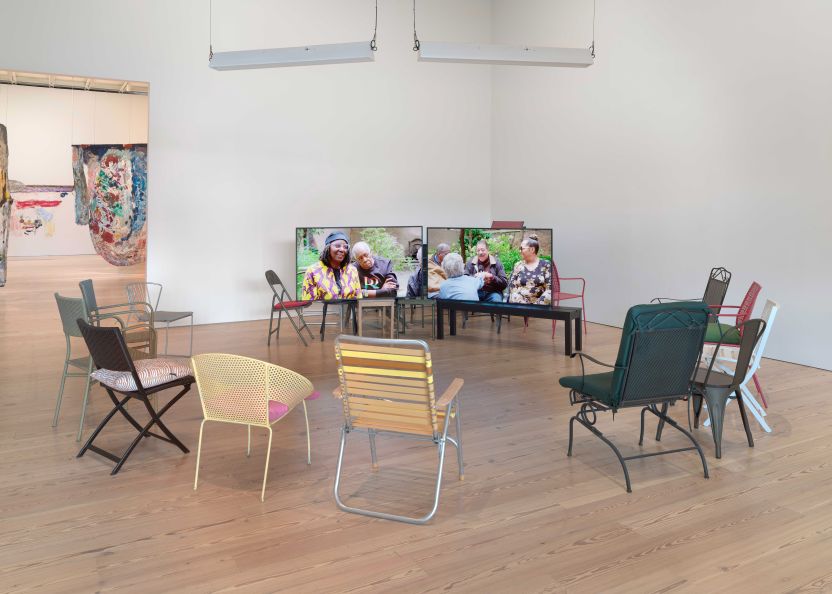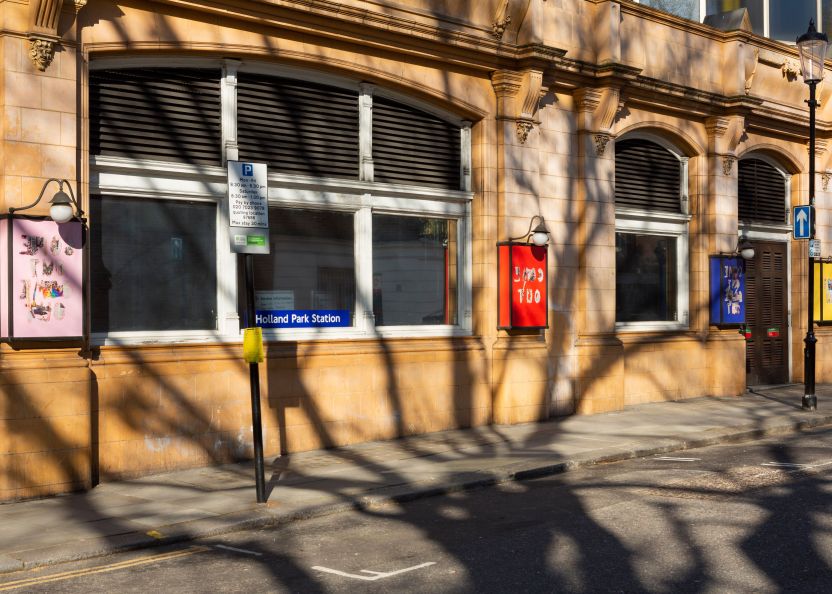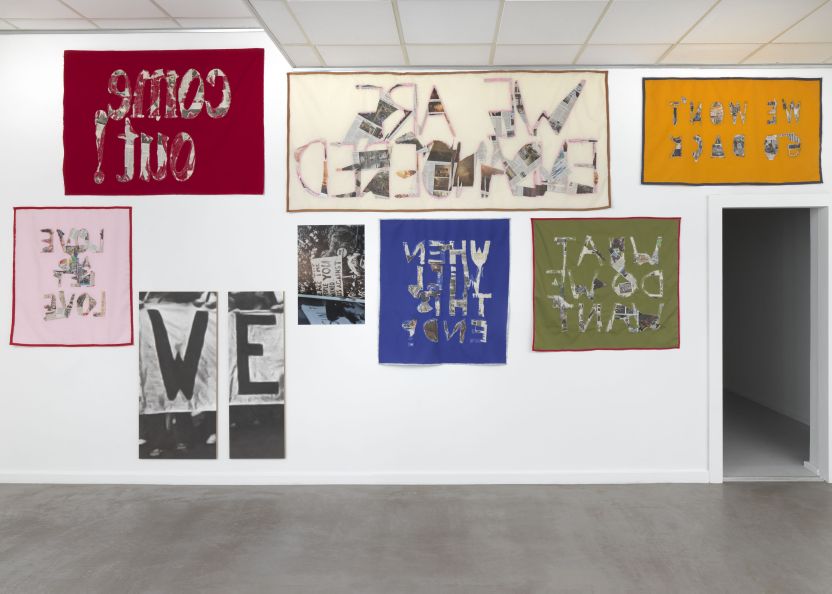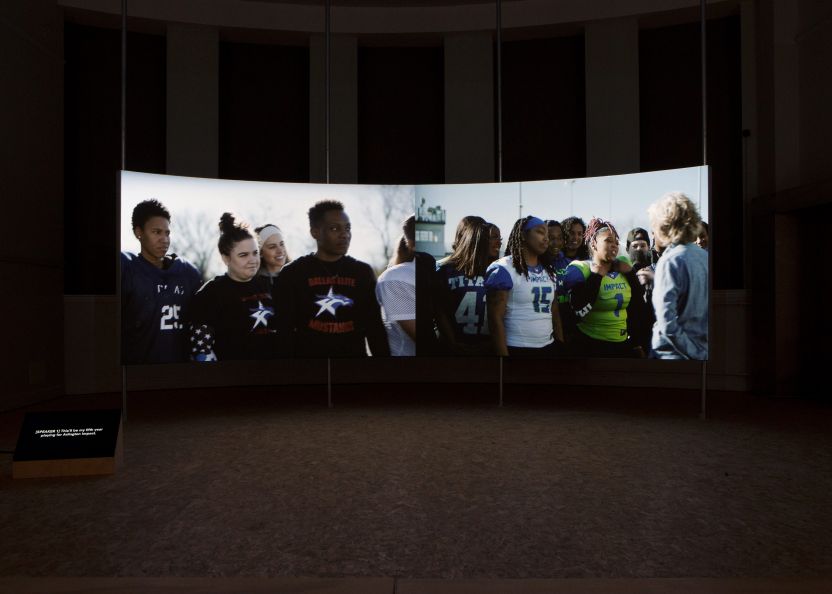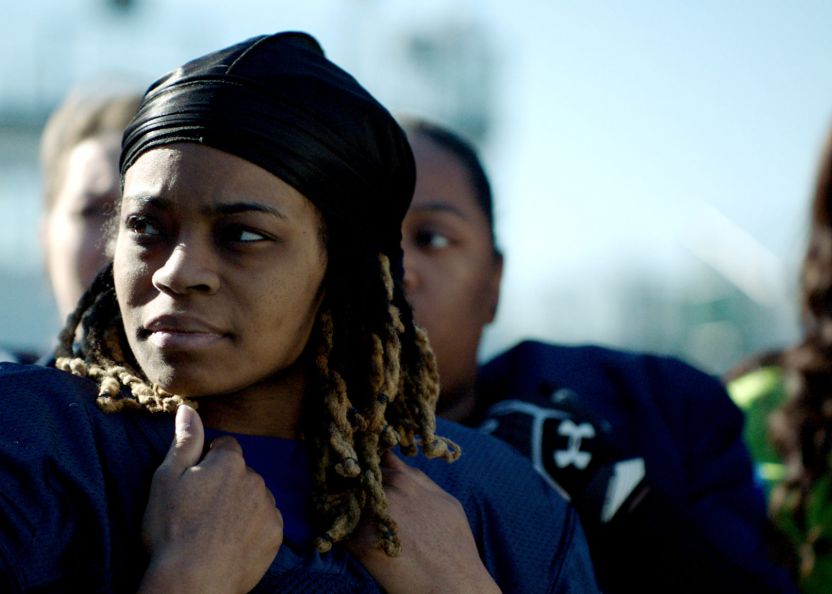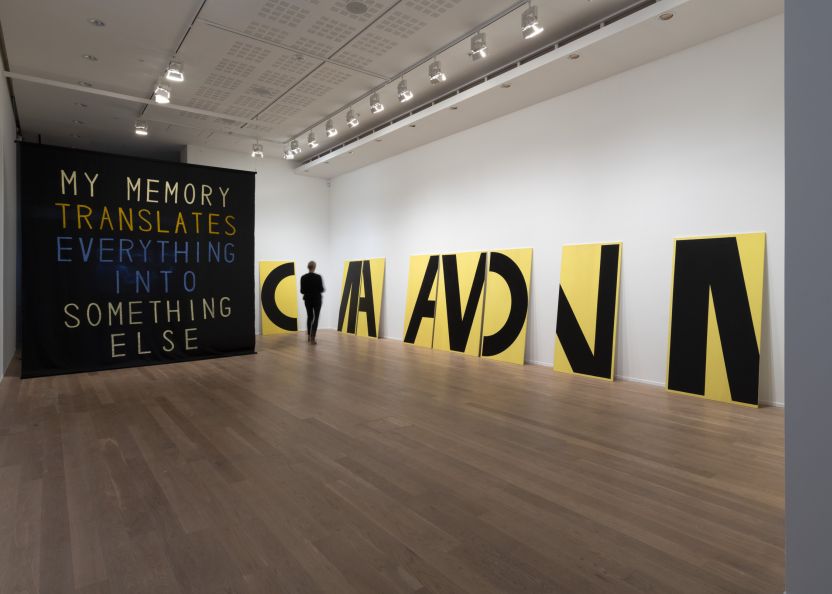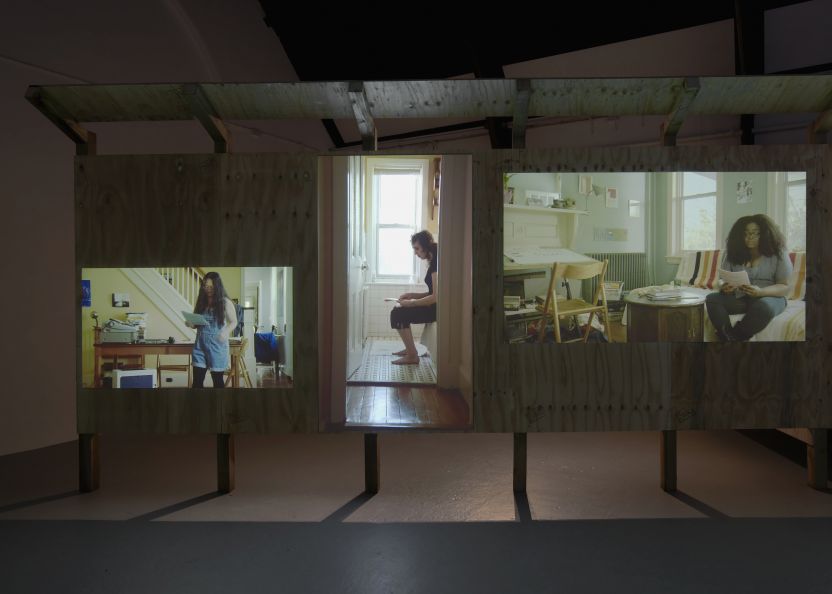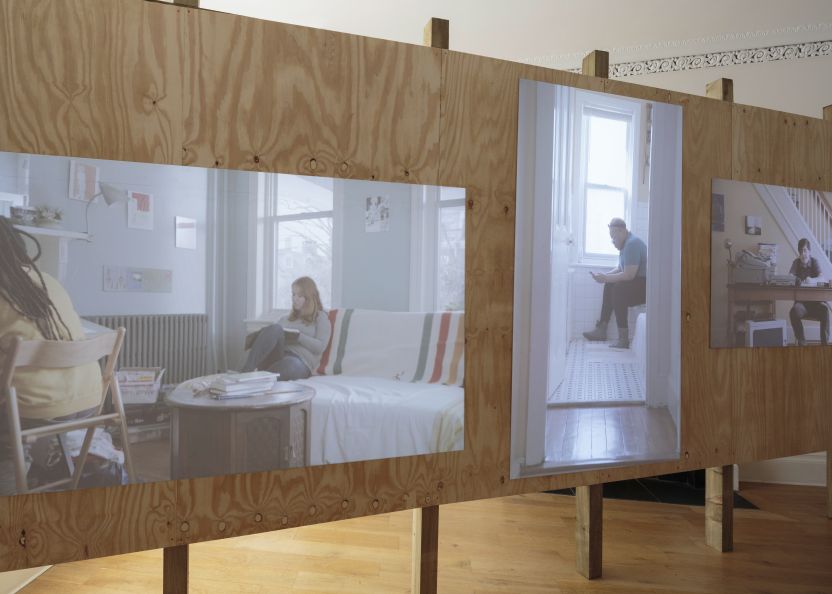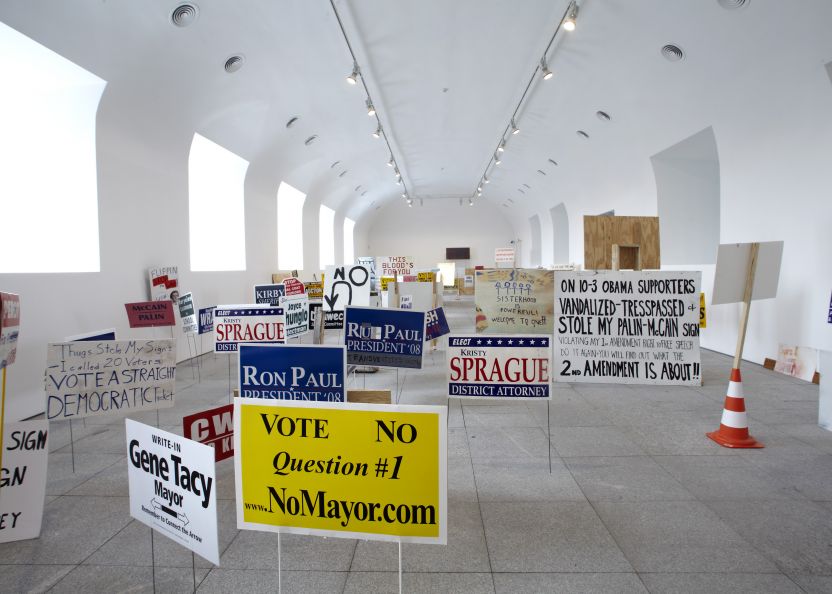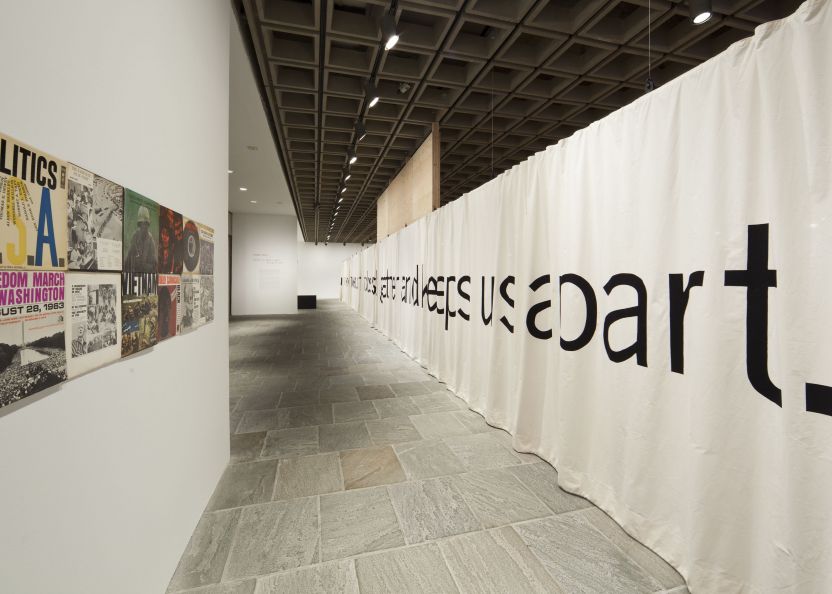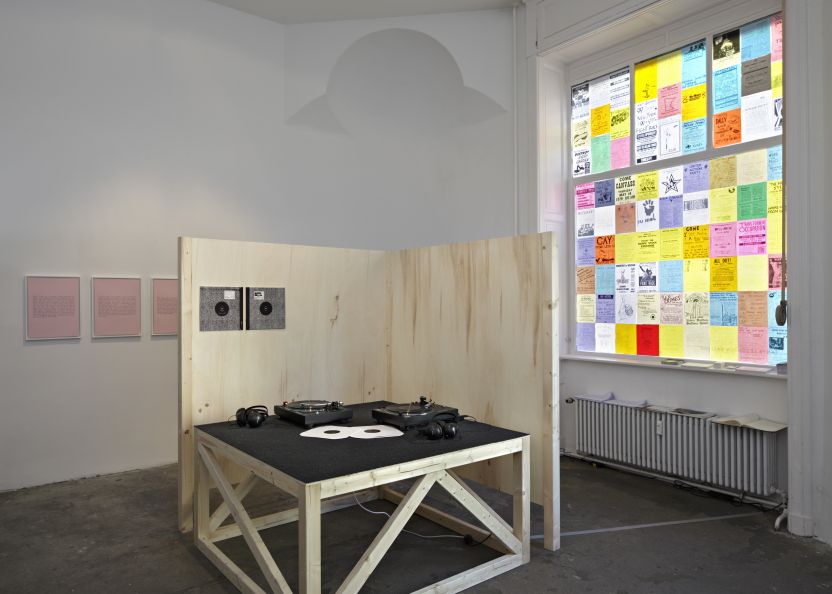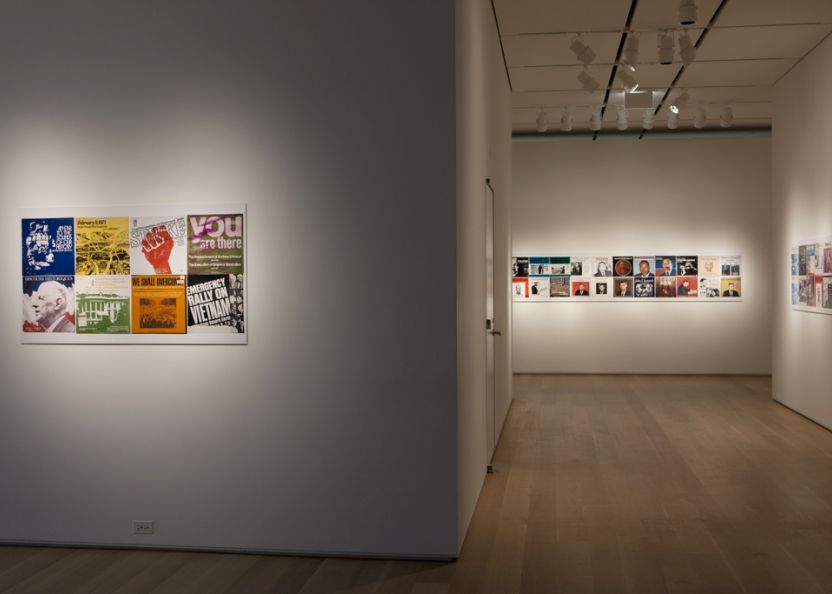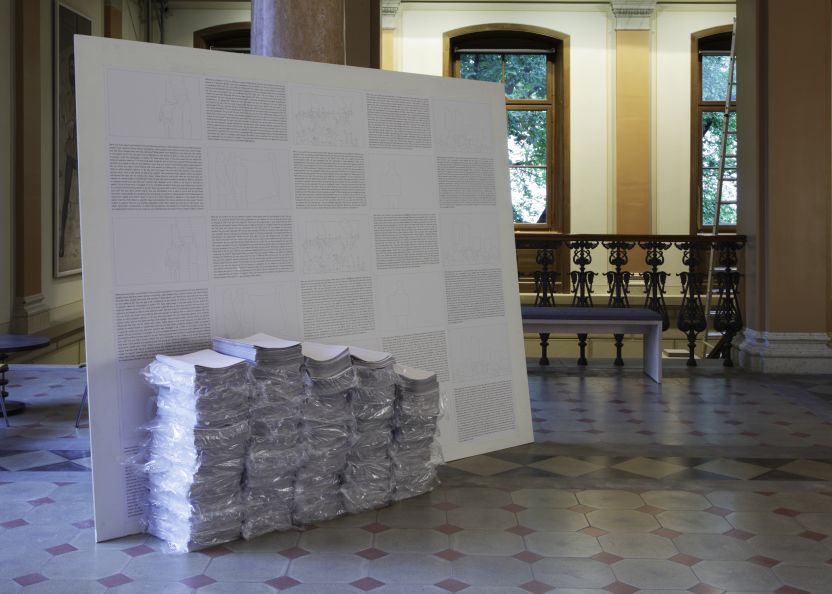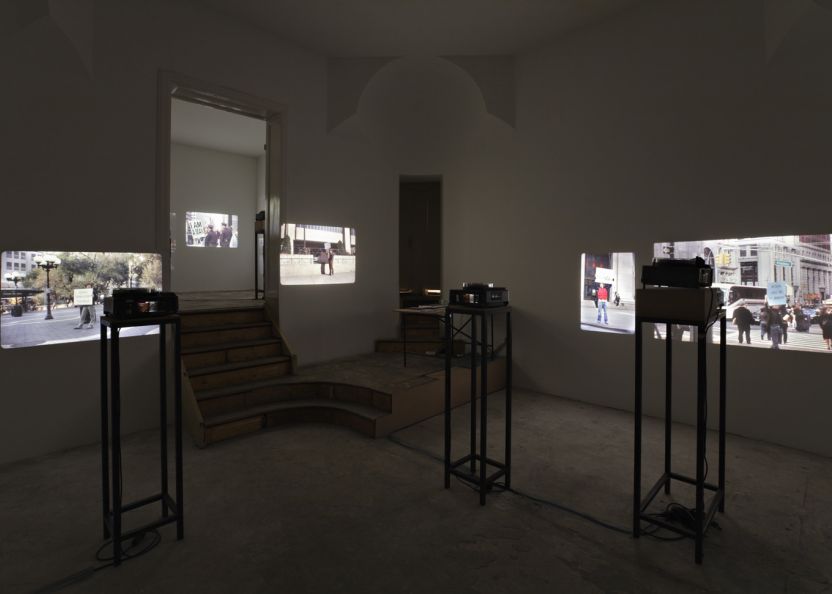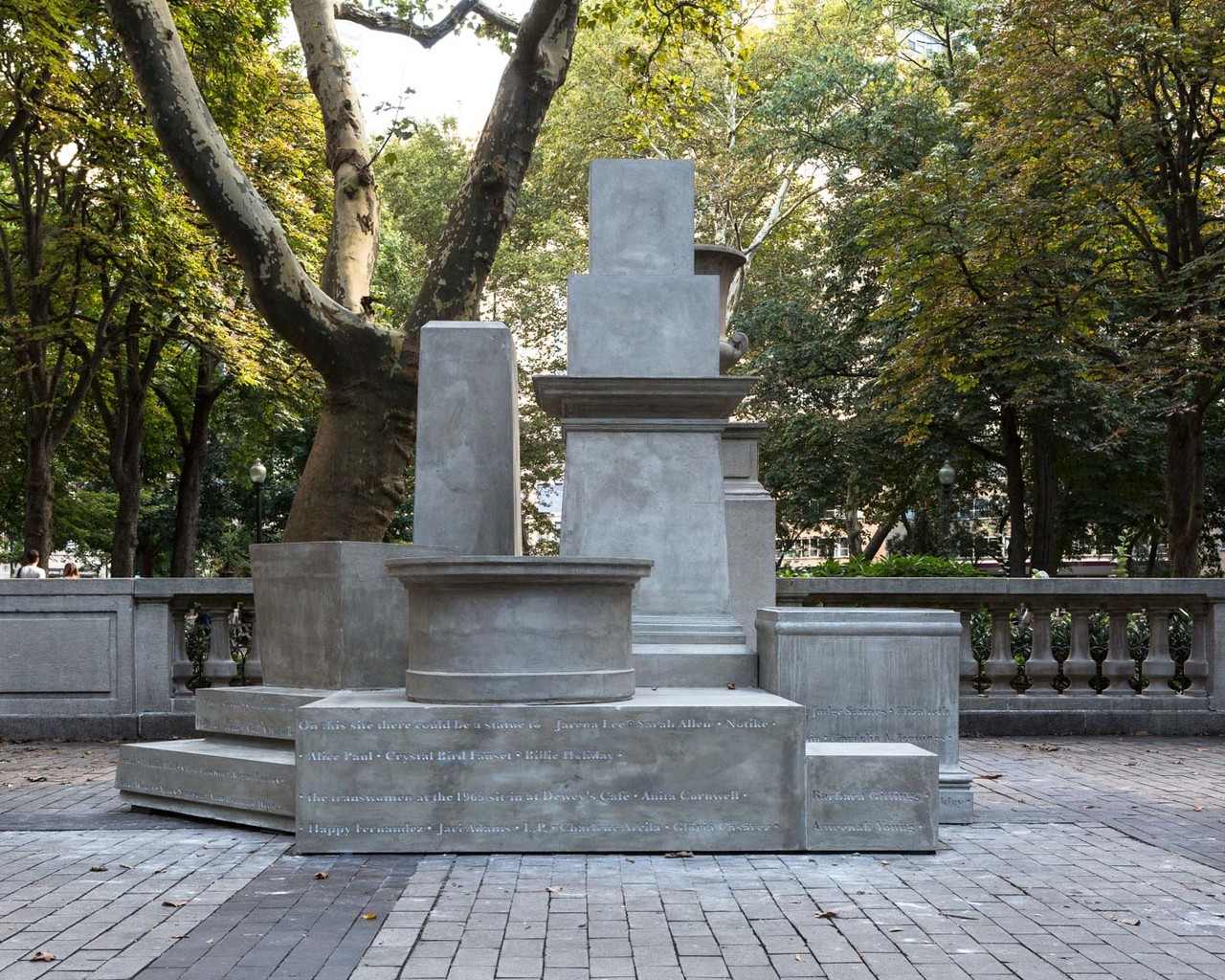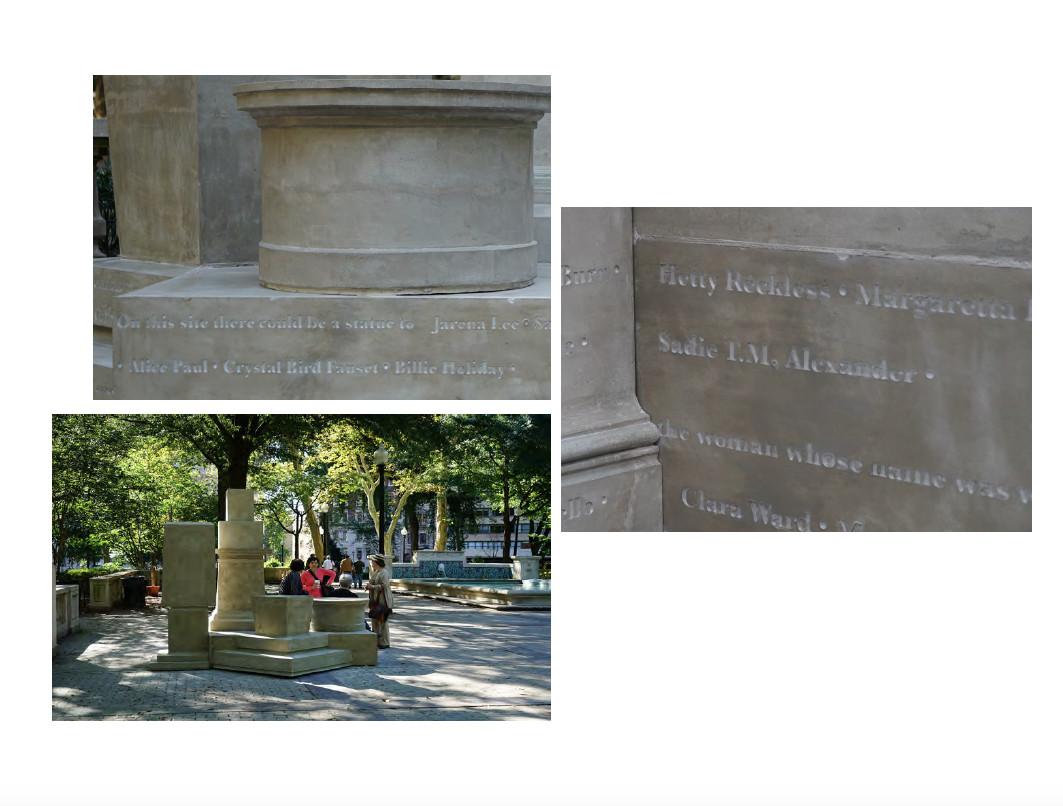If They Should Ask is a temporary monument located in Rittenhouse Square that addresses the absence of monuments to women in the city of Philadelphia. The object is a collection of cast concrete pedestals sourced from existing monuments in Philadelphia and materialized at half-scale. Encircled with the names of women who contributed to civic and public life in Philadelphia from early European contact to the pres¬ent day, If They Should Ask proposes that the persistent and aggressive exclusion of women from this form of public recognition perpetuates historical misunderstandings and reproduces inequality in the city’s economic, social, political and cultural spheres.
Although the city of Philadelphia is home to over 1,500 public sculptures there are only two that celebrate the life of a real, historic wom¬an–Joan of Arc and Mary Dyer, neither of whom were Philadelphia residents. The common understanding that such an exclusion is a conse¬quence of a patriarchal system that did not value women’s contributions to public life tells only part of the story. This perception ignores the way in which monuments were utilized as part of a large racial and gendered project in which whiteness and maleness are produced as iden¬tities of civic and political power. In this sense, material culture did not merely reflect political power but helped constitute it. Indeed, many white women were involved, individually and collectively, in organizing, advocating, fund-raising and commissioning large sculptures. That white women asserted their public power by constructing a material reality that consistently excluded them, and certainly excluded any women of color, transwomen or transwomen of color, is just one of the curious perversities that attend this moment of visual culture. Additionally, the political, social and cultural labor done by women often did not move into or onto the historical record as women were not named or were misnamed as a result of intersecting conditions of racism, settler colonialism, homophobia and transphobia.
In pointing to the vast contribution women (inclusive of transwomen) make and have made to the city of Philadelphia, If They Should Ask proposes both that these contributions be remembered more actively and prominently in the commemorative objects that populate U.S. cities and also that to do so requires a collective effort of reimagining what a monument can and should be. is a temporary monument located in Rittenhouse Square that addresses the absence of monuments to women in the city of Philadelphia. The object is a collection of cast concrete pedestals sourced from existing monuments in Philadelphia and materialized at half-scale. Encircled with the names of women who contributed to civic and public life in Philadelphia from early European contact to the pres¬ent day, If They Should Ask proposes that the persistent and aggressive exclusion of women from this form of public recognition perpetuates historical misunderstandings and reproduces inequality in the city’s economic, social, political and cultural spheres.
Although the city of Philadelphia is home to over 1,500 public sculptures there are only two that celebrate the life of a real, historic wom¬an–Joan of Arc and Mary Dyer, neither of whom were Philadelphia residents. The common understanding that such an exclusion is a conse¬quence of a patriarchal system that did not value women’s contributions to public life tells only part of the story. This perception ignores the way in which monuments were utilized as part of a large racial and gendered project in which whiteness and maleness are produced as iden¬tities of civic and political power. In this sense, material culture did not merely reflect political power but helped constitute it. Indeed, many white women were involved, individually and collectively, in organizing, advocating, fund-raising and commissioning large sculptures. That white women asserted their public power by constructing a material reality that consistently excluded them, and certainly excluded any women of color, transwomen or transwomen of color, is just one of the curious perversities that attend this moment of visual culture. Additionally, the political, social and cultural labor done by women often did not move into or onto the historical record as women were not named or were misnamed as a result of intersecting conditions of racism, settler colonialism, homophobia and transphobia.
In pointing to the vast contribution women (inclusive of transwomen) make and have made to the city of Philadelphia, If They Should Ask proposes both that these contributions be remembered more actively and prominently in the commemorative objects that populate U.S. cities and also that to do so requires a collective effort of reimagining what a monument can and should be.
